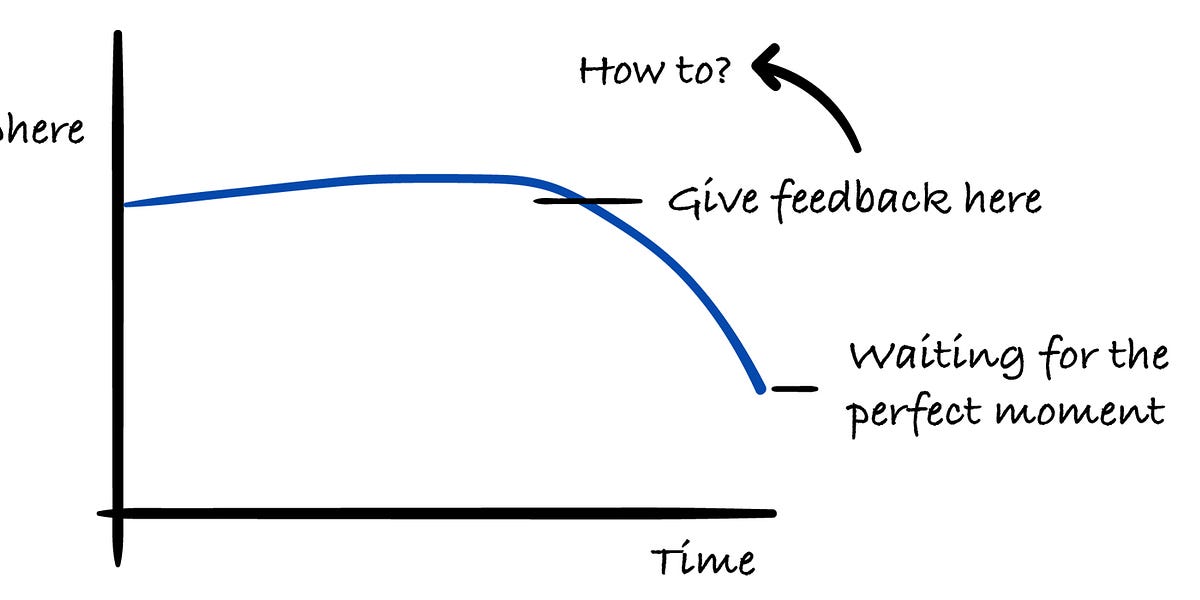When printing was invented, Europe suddenly had access to all the books that had existed until that point in history. This included everything from mystical texts to astronomical observations. Having no guides to judge quality, some people went off on the deep end. Giordano Bruno is sometimes referred to as the forefather of modern cosmology. He was not. An extreme case, he took mystical click-bait, mixed it with the then-contemporary Copernican theories, and, without any data, invented the infinite universe. Eventually, culture adapted and people started to compare and organize all the data. This act of orienting and place-making led to the scientific revolution.Printing created too much information and we had to learn how to handle it. Today we are in a similar position.
 Berry Pickers (1873) by Winslow Homer. Original from The National Gallery of Art. Digitally enhanced by rawpixel.
Berry Pickers (1873) by Winslow Homer. Original from The National Gallery of Art. Digitally enhanced by rawpixel.Still in the early days of the internet we sometimes lost the ability to tell signal from noise. Recently Hank Green posted this video where he makes his thesis that we aren’t addicted to content, but are instead starving for information. This strikes me as true.
The companies behind the social internet drown us in noise with just enough signal to keep you coming back. That signal, that hit, is a hint at information that provides orientation. Opportunities for conversation and belief challenging interactions are difficult to experience. As explored in a previous post, as humans are geographical creatures. Phones and the internet are a real part of our environment. Without sufficient places for orientation, we are left glassy eyed, lost. To see why that ‘information hunger’ feels so visceral, consider the simple ladder that links raw signal to a basic survival drive:
Signal → Information → Orientation → Biology
- Signal is any pattern in the environment—visual, auditory, textual—that stands out from background noise. On social platforms this might be a headline, a notification badge, or an unexpected data point.
- Information is signal that has been parsed and interpreted. Your brain (or a community) attaches meaning and relevance: “This headline matters to my work,” or “That data point contradicts my belief.”
- Orientation is what information enables: a clearer, updated internal map of “where I stand and what to do next.” It answers “How does this fit with what I already know?” and “Which way should I move—intellectually, emotionally, physically?”
- Biological need is the evolutionary pressure behind all of this: organisms that build accurate mental maps survive. Humans feel discomfort when our maps are fuzzy (disorientation) and relief or pleasure when new information sharpens them.
A few years ago, my corner of the internet got into waldenponding and promptly logged off. Just kidding. The failure of modern waldenponding makes it clear that this move of turning away from the social internet is not the answer. That would be like giving up on books because there were too many of them. The internet and the social internet in general do provide opportunities Instead, engaging with curiosity allows us to orient ourselves. Having an information shaped content diet opens up a path to a healthier mind. While society learns to put on the right kind of controls as we have on sugar and tobacco, how can we learn to have fun on the internet?
The hunt for knowledge and discovery, even of trivia is immensely enjoyable. Socratic problem solving is a team sport. Everyone has narrow views of the world and our thinking may be based on shaky knowledge. Social internet has so far made our eagerness to win the top emotion in online discourse, Socratic inquiry can transform that into collaborative inquiry. To arrive at better knowledge we must be willing to talk, listen, challenge, and accept. It is only by comparing notes that we open up a topic, a space, for exploration. Each of us and our thoughts are a place in the world. Places create orientation and orientation has the potential to create progress. While progress may not be guaranteed, not engaging in inquiry guarantees disorientation and formlessness.
While printing turned information into data, the social internet has turned information into noise. Social internet companies have tuned our culture to produce low signal-to-noise “content”. As Hank Green put it, we do hunger for information. We hunger because information is orientation. Orientation is a primal biological need to help us navigate our physics-virtual environment. The internet is a place where people share freely and welcome warm interactions. To turn away from the internet because of the culture tuning is the wrong move. The internet has too much to give, engaging from a posture of inquiry is the way. Inquiry satisfies that inner need for place creation and orientation.
The dialogue is the real post.
.png)




